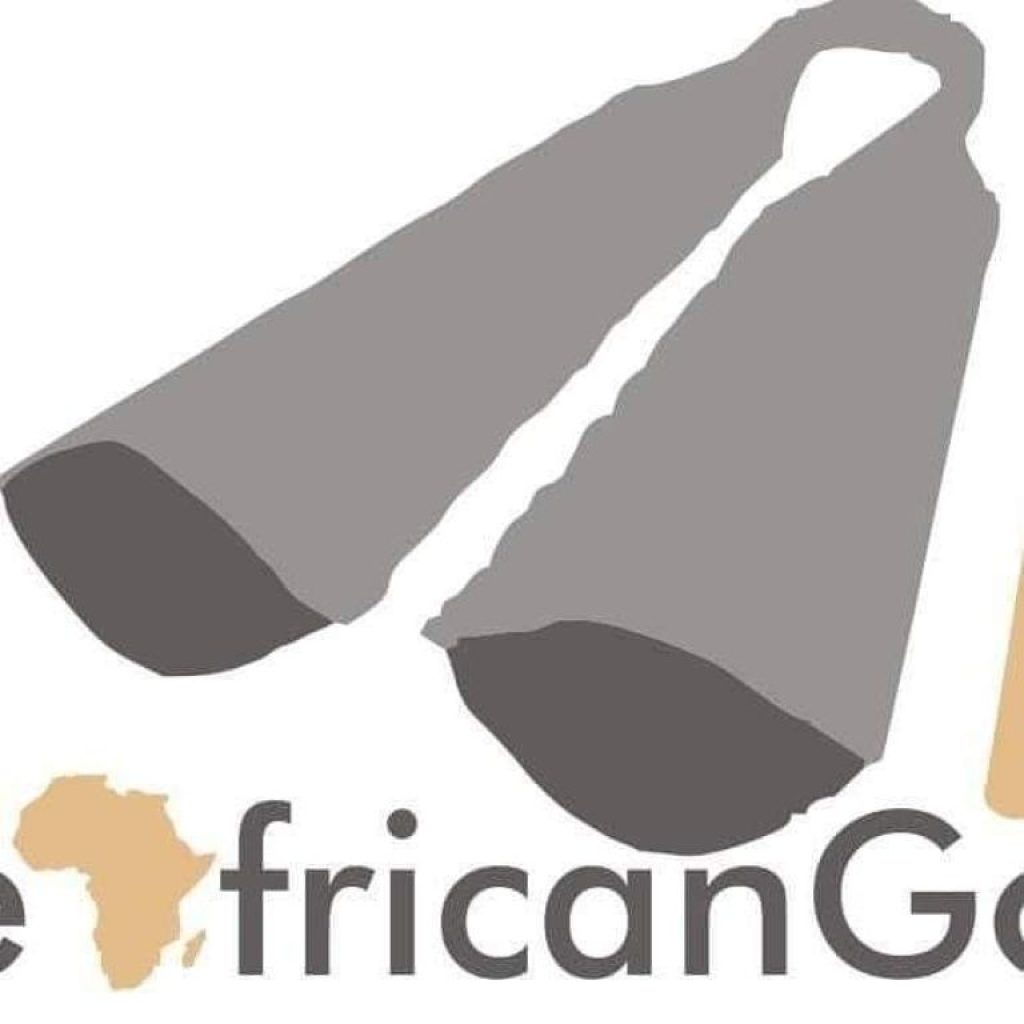
Tourism- Cultural ambassador and veteran journalist, Wale Ojo-Lanre, is urgently calling on the Federal Government of Nigeria to initiate decisive diplomatic engagement with the Brazilian authorities regarding the alarming crackdown on Yorùbá traditional religious adherents and the arbitrary seizure and taxation of sacred spiritual items at Brazilian airports.
This impassioned plea comes in response to a compelling report by cultural journalist and traditional promoter, Adeyinka Olaiya, highlighting the systemic challenges faced by Òrìṣà devotees, particularly those traveling from Nigeria.
Adeyinka Olaiya ‘s insightful article, titled “Òrìṣà-Customs Crackdown: Brazil Targets Yorùbá Charms and Ritual Materials at Airports – Demands Taxes from Èṣù,” published on May 23, 2025, from São Paulo, Brazil, exposes a brewing storm at the intersection of spirituality, culture, commerce, and immigration law.

The report details an intensified campaign by Brazil’s Federal Police, through its Customs and Immigration Division, to seize Yorùbá religious items—from consecrated charms to animal parts used in Ifá and Òrìṣà rituals—at airports across the country, primarily targeting passengers from Nigeria.
“The issues raised by Adeyinka Olaiya are not merely administrative hurdles; they are a profound assault on the spiritual and cultural heritage of millions,” stated Wale Ojo-Lanre.
“We cannot stand by while our citizens, who are legitimate practitioners of a revered global religion, are subjected to what amounts to spiritual discrimination and economic extortion under the guise of commercial regulation.”
Adeyinka’s report reveals multiple high-profile cases where Nigerian travelers have had luggage searched and spiritual materials—including ẹku (rat), ẹja (fish), orógbó (bitter kola), àfoṣẹ (powders used in spiritual invocations), olúgbòhùn (voice-calling charms), and òbí (kola nut)—confiscated.
Bàbáláwo Antônio Akinlabi, a respected Ifá priest in Bahia, is quoted in the article lamenting, “Customs officials now treat spiritual items as contraband or undeclared merchandise… But for decades, these objects have entered Brazil as part of spiritual and cultural exchanges.”
While Brazilian Customs claim these actions are legal efforts to regulate “untaxed commercial activity,” arguing that the influx of these items, particularly from Nigeria, has surged with the expansion of transnational Òrìṣà-related businesses, practitioners and scholars vehemently disagree. Dr. Maria dos Santos, an anthropologist at the Federal University of Bahia, notes, “These actions criminalize a living African tradition practiced by millions in Brazil. The state is not just seizing objects—it is seizing sacred links to ancestry.”
The article highlights that the Òrìṣà items trade has evolved into a multi-billion-dollar global market, with Brazilians themselves now key players.
Babaláwo Tunde Alara, a Lagos-based exporter, asserts, “If the Nigerian government steps in and helps formalize this sector, it will allow us to pay fair taxes and avoid persecution. We want regulation, not criminalization.”
Wale Ojo-Lanre emphasized the need for immediate diplomatic intervention. “The Nigerian government must engage its Brazilian counterparts to formalize the status of these sacred items. This is not about commerce alone; it is about cultural sovereignty, religious freedom, and respect for the ancestral traditions that bind our two nations. We urge the Federal Government to prioritize this matter and protect our citizens from further harassment and discrimination.”

The crackdown has ignited significant backlash, with Afro-Brazilian religious communities planning national meetings and protest marches, decrying “ancestral denial and cultural apartheid.” As Ìyálòrìṣà Regina Ogunbíyì of Rio de Janeiro asks in Olaiya’s report, “Would the government seize holy water from a Christian pilgrim? What they’re doing to Ifá and Òrìṣà followers is spiritual discrimination.”
Ojo-Lanre reiterated that the time for proactive diplomacy is now. “The silence or inaction of the Nigerian government on this critical issue risks abandoning our traditional believers to unfair treatment and the erosion of their fundamental rights to practice their faith freely. We must ensure that Brazil, a nation built on African ancestry, reconciles its laws with the living practices of its African-descended citizens, and indeed, all global adherents of Òrìṣà traditions.”


